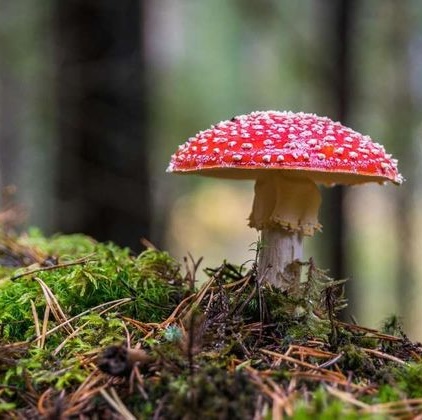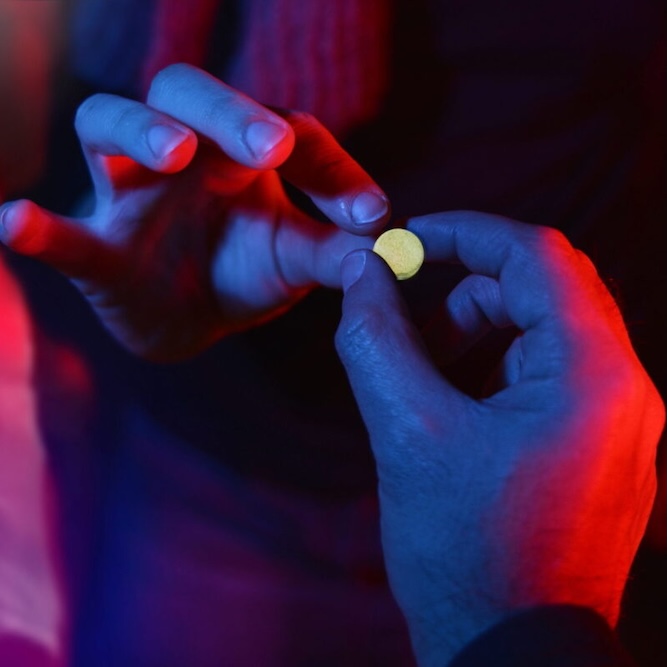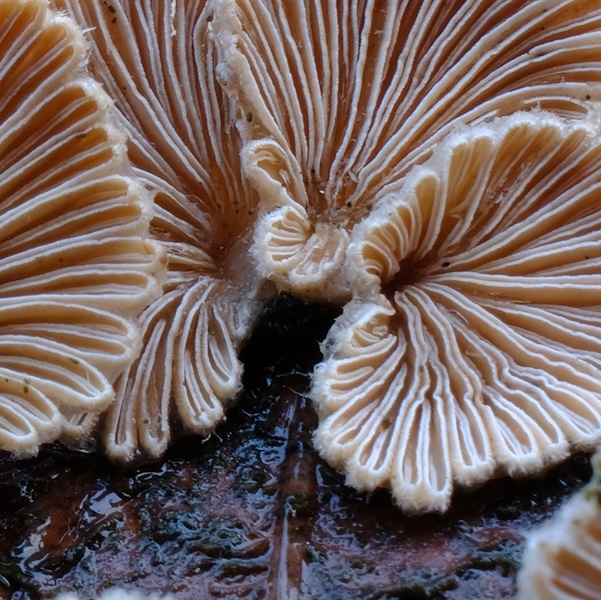The study’s methodology
Recent research indicates that a single dose of psilocybin, when paired with psychotherapy, can result in significant reductions in the symptoms of major depression. In this US-wide study, subjects were administered a 25mg dose of psilocybin, which is the active component of magic mushrooms, or a B vitamin as a placebo. Following this, they underwent seven to ten-hour therapy sessions. During these sessions, participants were advised to wear eye masks and tune into a specially chosen soundtrack. Post-session, participants then had reflective discussions about their experiences with their therapists. Over the next 43 days, the levels of depression were recorded at five different intervals.
Noteworthy findings & broader implications
The study revealed that those who were administered psilocybin exhibited a marked decrease in depressive symptoms. This group’s outcomes were considerably more positive than the group who received the placebo B vitamin. This improvement persisted for the subsequent six weeks. This data was then released in the Journal of the American Medical Association. This research contributes to an expanding archive of studies indicating that psychedelics can be instrumental in helping patients communicate and confront topics they generally evade or repress during therapy.

Researchers’ conclusion
The researchers inferred, “Alongside therapeutic support, psilocybin treatment correlated with a significant and lasting decrease in symptoms of depression and functional disability, all without notable side effects. These results reinforce the emerging perspective that psilocybin, combined with psychological support, could be a pioneering treatment approach for major depressive disorders.
International recognition
Earlier this year, Australia became the first country to authorize the use of both MDMA and psilocybin — widely recognized as ecstasy and magic mushrooms respectively — as treatments for conditions like PTSD and persistent depression.




